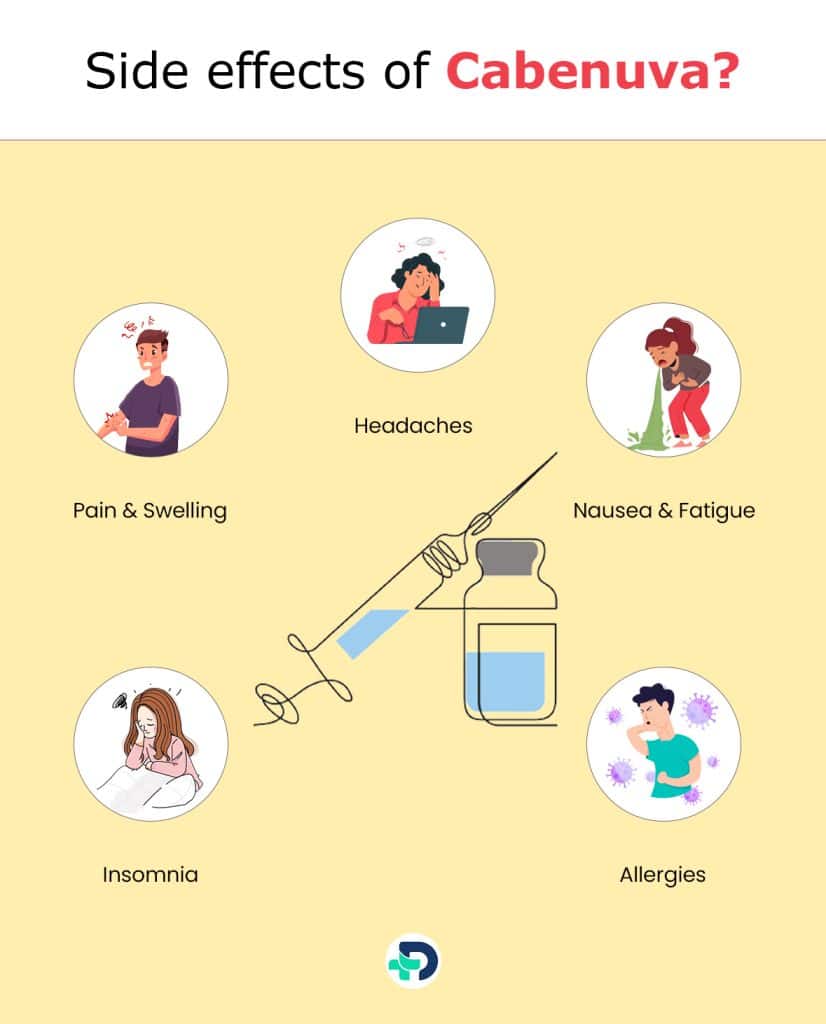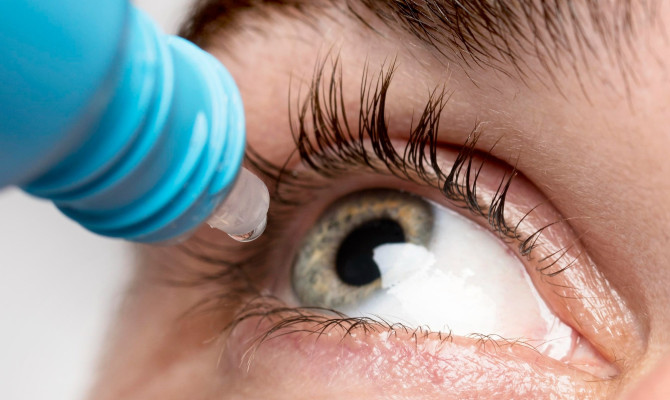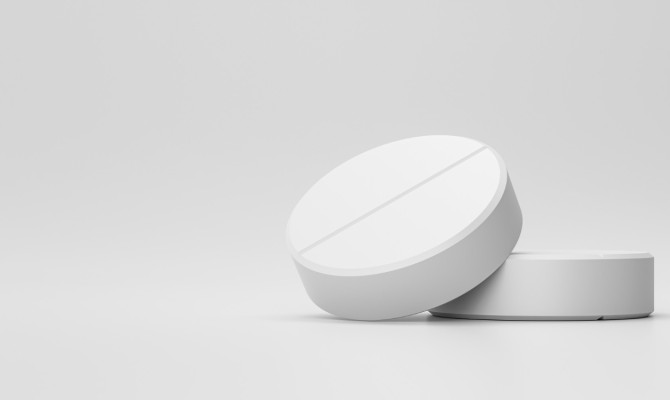What is Cabenuva : Uses, Side effects and Precautions

- Cabenuva
- 27 Sep 2023
Overview
What is Cabenuva?
Cabenuva is a revolutionary long-acting injectable medication designed specifically for the treatment of HIV-1 infection.1Overview| Researched based study from Clinicalinfo.hiv.gov This medication is used to prevent HIV infection in adults and children under the age of 12. Unlike traditional medications that require patients to adhere to a daily dosage schedule, Cabenuva offers a remarkable alternative.
It is a two-drug combination therapy comprising two intramuscular injections, cabotegravir and rilpivirine, which have been proven to provide sustained effectiveness over an extended period. Remarkably, Cabenuva only needs to be administered once a month, significantly reducing the treatment burden for patients.1Overview| Researched based study from Clinicalinfo.hiv.gov
It functions by preventing the HIV from replicating, lowering the viral load, and assisting in the long-term maintenance of viral suppression

Uses
What is the primary use of Cabenuva?
The most common uses of Cabenuva are explained below:
- Cabenuva is prescribed to patients who have already experienced viral suppression, it helps by keeping the viral load low and stopping the spread of the infection.1Uses| Researched based study from Clinicalinfo.hiv.gov
- Cabenuva is given by a medical professional once a month as it provides a convenient treatment option. For people with HIV, this long-acting injectable formulation eliminates the need for daily oral medications.
- Cabenuva may aid in raising treatment compliance. It guarantees steady drug levels in the body and lowers the chance of missed doses, improving medication compliance overall.
Dosage
What is the typical dosage of Cabenuva?
Cabotegravir and rilpivirine, two different injectable medications, make up the dosing regimen for Cabenuva. Cabenuva dosage recommendations are as follows:
Phase I
- It’s crucial to achieve viral suppression with an oral antiretroviral therapy (ART) regimen before taking Cabenuva.
- For approximately one-month (typically 28 days), oral cabotegravir (30 mg) and oral rilpivirine (25 mg) tablets must be taken once daily. This stage assists in determining whether the drugs are well-tolerated and successful in sustaining viral suppression.
Phase II
- Following the conclusion of the initiation phase, the maintenance phase starts. Cabenuva is given as a long-acting injectable therapy during this stage. Every four weeks (once per month), cabotegravir and rilpivirine are administered intramuscularly. A medical professional typically administers the injections in the buttocks. To keep the desired therapeutic levels of the medications in the body during the maintenance phase, it’s crucial to administer the injections consistently and on time.
Side effects

What are the most frequently reported side effects of Cabenuva?
Like any drug, Cabenuva has the potential to cause side effects. The chance of developing the side-effect is independent and it occur at any stage irrespective of the severity and duration. The following are some typical side effects related to the use of Cabenuva.
- Pain & Swelling
- Headaches
- Nausea & Fatigue
- Insomnia
- Allergies
Pain & Swelling
- The patient may experience pain and swelling around the area where an injection was injected, causing irritable pain, and redness around the injected area, and is supposed to last for a few days to a week after the injection. This pain is supposed to occur because of the wrong injection technique.2Side effects| Researched based study from Mayoclinic.org
Headaches
- The patient may experience headaches after taking Cabenuva treatment. This can occur because of the immune system’s response to the medication, which causes certain changes in the brain and ultimately headaches and in severe cases migraine.
Nausea & Fatigue
- When the body is adjusting to the foreign medicated drugs and substances, many people experience a feeling of nausea and fatigue in the initial phase. Until the body adjusts to the medication, these side effects usually last a few days.
Insomnia
- Cabenuva’s impact on the brain can disrupt sleep cycles leading to a person suffering from insomnia, but this usually improves over time. While Some individuals may experience dizziness due to the side effect of the medicine on blood pressure and reduced blood flow.
Allergies
- It is also found that, for a few people who have sensitive skin, an allergic reaction happens with the intake of medication leading to the development of skin rashes and hives, and in some cases lumps on the skin.2Side effects| Researched based study from Mayoclinic.org
Interactions
Which medications and drug combinations can interact with Cabenuva?
It is advised to disclose any ongoing medication to your healthcare provider before proceeding with Cabenuva treatment.
The following are some examples of drugs and medical procedures that could interact with Cabenuva:
Drugs that stimulate or suppress liver enzymes
- Rilpivirine, a substance in Cabenuva, is metabolized by liver enzymes. The levels of rilpivirine in the body can be impacted by medications that either stimulate or inhibit these enzymes.
- Examples include the antifungal drugs rifampin, rifabutin, carbamazepine, phenytoin, and St. John’s wort. To prevent interactions, your doctor may need to change the dosage or think about using different medicines.
Drugs that lower stomach acid
- Drugs that lower stomach acid, like proton pump inhibitors (PPIs) or H2 blockers, can interfere with the absorption of rilpivirine.
- To maximize absorption, taking Cabenuva with food is generally advised. For detailed instructions on taking medications that reduce acid, speak with your doctor.
Drugs that alter heart rhythm
- Cabenuva contains rilpivirine, which can lengthen the QT interval, an indicator of the electrical activity of the heart.
- Certain antibiotics, antifungals, and some psychiatric drugs may raise the risk of abnormal heart rhythms because they also affect the QT interval. This interaction will be taken into account by your healthcare provider as they keep an eye on your cardiac health.
Other antiretroviral drugs
- There may be concerns about possible drug interactions or overlapping drug effects when switching from other antiretroviral therapies to Cabenuva. To keep track of the effect of Cabenuva on your overall body, the healthcare professional will look for daily changes, and keep a track of it for understanding your case.
Contraindications
Who should avoid using Cabenuva?
Cabenuva treatment may not be suitable for everyone and such people should avoid the use of Cabenuva. The following categories of people who should avoid taking Cabenuva include:
- People who have previously experienced an allergic or hypersensitive reaction to cabotegravir, rilpivirine, or any of the other ingredients in Cabenuva shouldn’t use this drug.3Contraindications| Researched based study from Fda.gov
- Cabenuva is not advised for people who have had treatment fail or who have known cabotegravir or rilpivirine resistance. To assess the efficacy of Cabenuva in such cases, prior resistance testing and a review of treatment history are crucial.
- Medications and certain drugs may interact with Cabenuva which can cause adverse side effects to the body.
- Treatment with Cabenuva has been linked to significant negative effects on mental health and the onset of depression. For patients who already have mental health issues, this treatment is not advised.3Contraindications| Researched based study from Fda.gov
- Women who are expecting or at the breastfeeding stage also avoid undergoing Cabenuva treatment, as it can affect the mother and baby as well.
Precautions
What are the special safety measures and precautions one need to take into account when taking Cabenuva?
If the person is going for Cabenuva treatment, he/she needs to make sure of certain precautions before going for the treatment. Some of the general precautions to consider are as follows:
Missed/delayed doses
- The Cabenuva treatment has not to be delayed or missed. It is essential to keep all scheduled appointments and adhere to the recommended treatment schedule.4Precautions| Researched based study from Mayoclinic.org The effectiveness of the medication may be impacted by missed doses or delayed injections.
Reactions at Injection site
- Injection site reactions from Cabenuva treatment can occur frequently, which includes pain, swelling, or redness. Informing the healthcare professional for any sort of such experience that you had after the treatment, is recommended.
Pregnancy & Lactation
- Pregnant women, or women at lactation stage should also avoid this treatment. Informing the doctor about intentions for breastfeeding or your pregnancy plans to determine the best course of action.4Precautions| Researched based study from Mayoclinic.org
Regular monitoring
- It’s important to track the viral load, CD4 cell count, and other relevant laboratory tests regularly to assess the effectiveness of Cabenuva treatment and general health.
Liver Health
- Cabenuva as a medication may affect some people’s liver function. Liver problems have also occurred in people without a history of liver problem.1Precautions| Researched based study from Clinicalinfo.hiv.gov Therefore, it becomes important to keep in mind that Cabenuva rarely results in liver damage or other adverse liver effects. Therefore, before beginning Cabenuva treatment, medical professionals typically take blood tests to assess liver function.
Commonly known symptoms of Liver problems due to the medicine reaction are as following:
- dark urine
- clay-colored stools
- stomach pain
- yellow eyes or skin.2Precautions| Researched based study from Mayoclinic.org
Weight Gain
- Weight gain is a very rare side effect to be reported and is very uncommon to occur in individuals who go through Cabenuva treatment. In clinical trials and post-marketing surveillance, weight gain is not listed as a common or frequent side effect associated with Cabenuva use.
Any feedback on this article?
 This Articles content was accurate
This Articles content was accurate Very Informative Article
Very Informative Article I have a question or a comment
I have a question or a comment
 This article contains inaccurate content
This article contains inaccurate content This article was not helpful
This article was not helpful I have a question or a comment
I have a question or a comment
We appreciate your helpful feedback!
Checkout our social pages
References
-
Clinical Info
Drug Database: Cabotegravir / Rilpivirine | Overview | Uses
-
Mayo Clinic
Cabotegravir And Rilpivirine (Intramuscular Route) | Side effects
-
U.S. Food and Drug Administration
FDA Approves Cabenuva and Vocabria for the Treatment of HIV-1 Infection | Contraindications
-
Mayo Clinic
Rilpivirine (oral route) precautions | Precautions


































